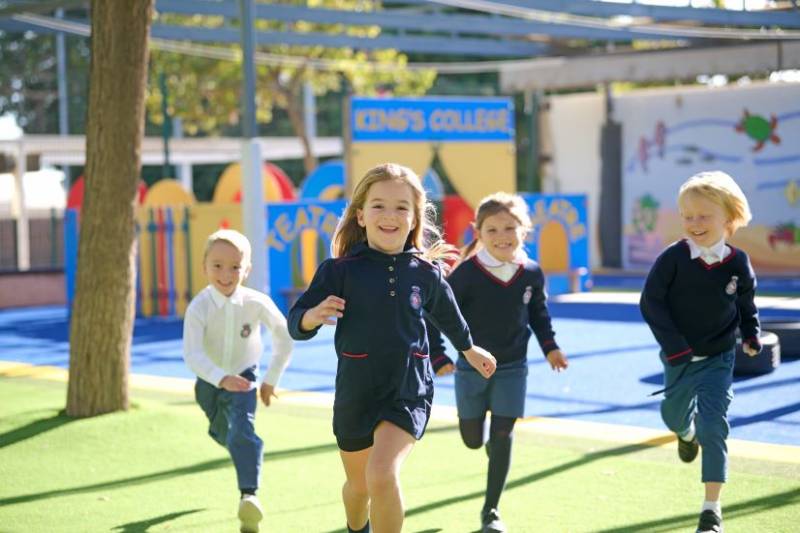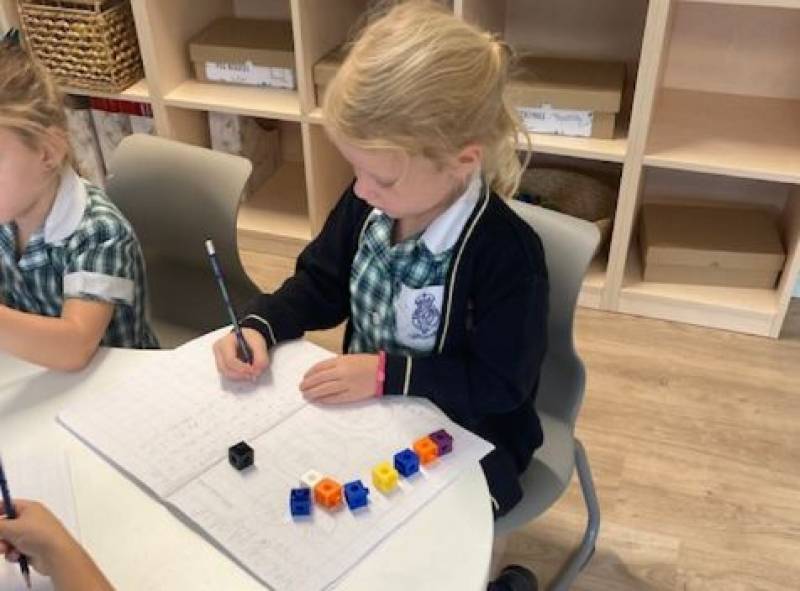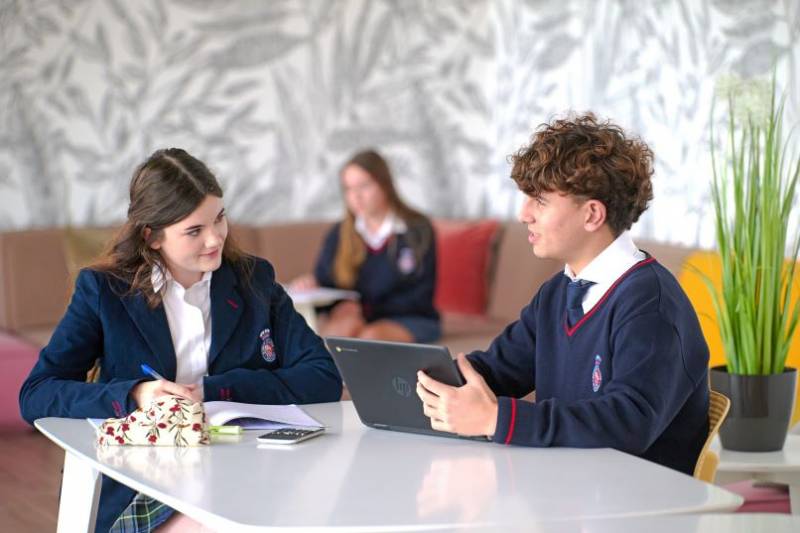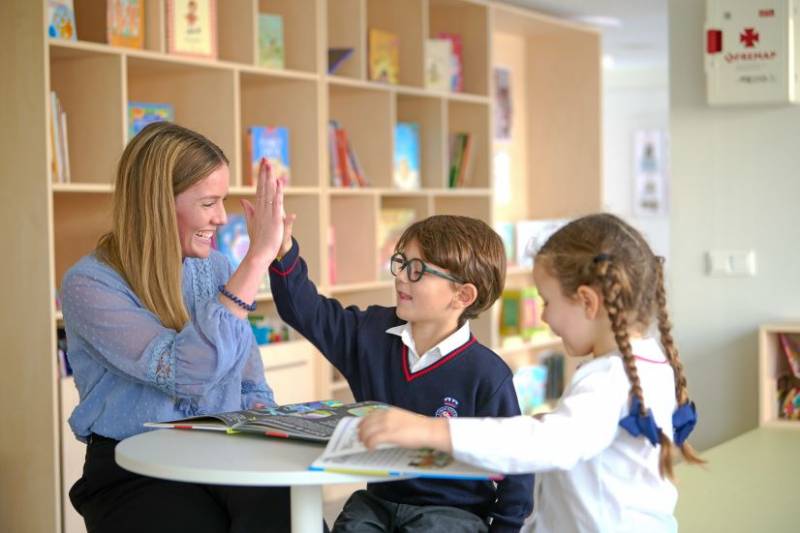King's College School Murcia: Carly Froggatt on Early Years Education
Carly Froggatt, Head of Early Years and Key Stage 1 at King's College School Murcia, gives her take on their renovated Early Years program and its impact on early children's education
We all can agree that a proper children’s education lays the foundation for a successful educational journey for students.
When it comes to early childhood education, the newly renovated Early Years and Key Stage 1 department is an exciting development for King's College School
Murcia. Embracing the Reggio Emilia approach to learning, their experienced teachers are focused on dedicating their classrooms to creativity and exploration. The philosophy is an innovative approach to early childhood education that values every child as resilient, strong, and capable and embraces their wonder to develop knowledge.
King’s approach, which revolves around the image of the child, the hundred languages of children, the teacher’s role, reciprocal relationships, a pedagogy of listening, and the environment as the third teacher, is comprehensive and holistic. The approach thus considers that each child is infinitely capable, creative and intelligent. The role of the teacher is to support these qualities and to challenge them most appropriately so that every individual achieves their potential in an inspiring and engaging environment.
1. How does early years education contribute to a child’s overall development?
We adhere to the Early Years Foundation Stage standards, ensuring children have opportunities to achieve their Learning Goals across seven key areas. Our aim is to unlock every child’s potential by providing a comprehensive and stimulating curriculum, directly linked to a creative and challenging program of study. We track each child’s progress to ensure they meet necessary skills, with a focus on outperforming national standards and adapting the curriculum to individual interests.
2. In what ways does early years education promote social and emotional skills?
Our approach fosters happy, engaged children who are encouraged to be spontaneous and curious. We tailor learning experiences to each child’s Zone of Proximal Development, stretching and challenging them appropriately. Through thoughtful planning of the learning environment and open-ended questioning, we deepen children's learning and promote dialogue. By involving children in inquiry questions, we encourage them to share their thoughts and engage with peers and adults, thus promoting social and emotional skills.
3. How does early childhood education support parents in their role as primary educators?
Our school ethos emphasises a community of learning and listening to parents. We provide various opportunities for parents to engage with the school, including events, workshops and information sessions. This involvement enables parents to be actively involved in their children’s educational journey and fosters strong relationships within our school community.
Our investment in early childhood education is the absolute foundation of global readiness and at the heart of every individual’s future success. Our educational philosophy enables us to develop the life skills needed to promote resilience, freedom, confidence and bravery. Our early learners feel safe to take chances and make independent choices embracing all opportunities around them with confidence.
article_detail

|




















